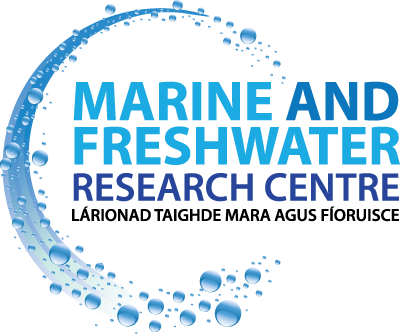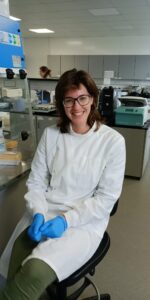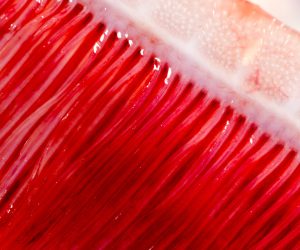My academic journey began with volunteer internships in hospital labs and veterinary practices, igniting my passion for the natural sciences and driving me to pursue a B.Sc. in Biology at Bonn University, Germany. During my undergraduate studies, I developed a profound interest in Marine Biology, further nurtured through specialized courses and an internship at Bonn University’s Fish Cognition Lab, forming the foundation for my undergraduate thesis on the acoustic and cognitive abilities of grey bamboo sharks.
Motivated by my passion, I joined the PROMOS exchange program at Ottawa University, delving into advanced topics like Animal Behavior and Developmental Biology, which enhanced my language skills. I also volunteered with the Bonn International Office and IAESTE, leading to an internship at Nizwa University (Oman) focused on 3D Bioprinting in the medical field.
To enhance my knowledge in Marine Biology, I enrolled in the International Master of Marine Biological Resources (IMBRSea) program. This educational journey provided opportunities for collaboration with diverse research groups across Europe, including ILVO (Oostende, Belgium), CCMAR Aquaculture research group (UAlgarve, Portugal), and Ecology Research Group (UBergen, Norway). Within these collaborations, I contributed to data collection, ecological assessments, and statistical analysis, all in alignment with international environmental legislation. During my specialization semester in Marine Animal Health at Ghent University, I honed expertise in anatomy, histopathology, and immunology, vital for my thesis on skin ulceration in common dab, Limanda limanda, using an innovative 3D printed Two-chamber skin explant model infected with pathogens.
My passion to comprehend and address pathogenic agents impacting fish welfare in aquaculture has driven my journey, culminating in my current role as a Ph.D. candidate at the Marine and Freshwater Research Center within the “GIDAS – Gill Disease of Atlantic Salmon” project, funded by Science Foundation Ireland. My mission remains steadfast in understanding pathogenic agents affecting fish welfare, with a focus on complex gill disease (CGD) in global finfish aquaculture, particularly Neoparamoeba perurans. My responsibilities include investigating CGD epidemiology in Irish salmon aquaculture, developing a model for assessing gill disease in Atlantic salmon, and profiling salmon gill surface microbiology in disease and control samples. Our research offers insights into gill-associated diseases in Irish Atlantic salmon, providing a model for CGD assessment and potential gill microbiota changes linked to disease progression.


